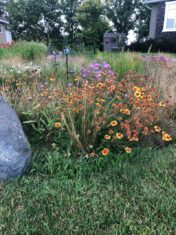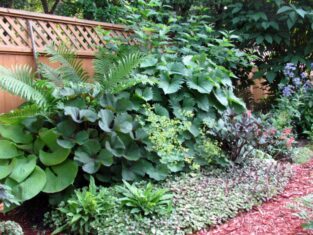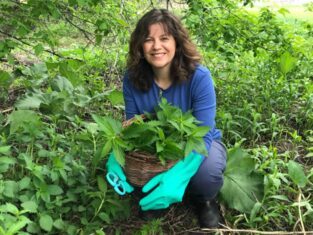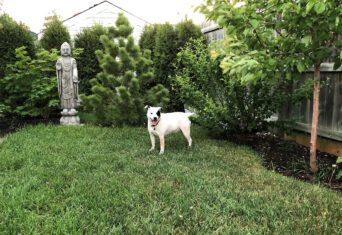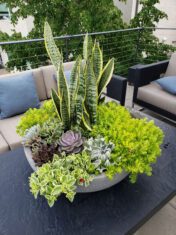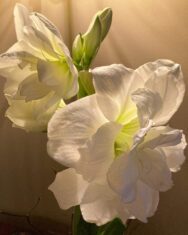Karen York
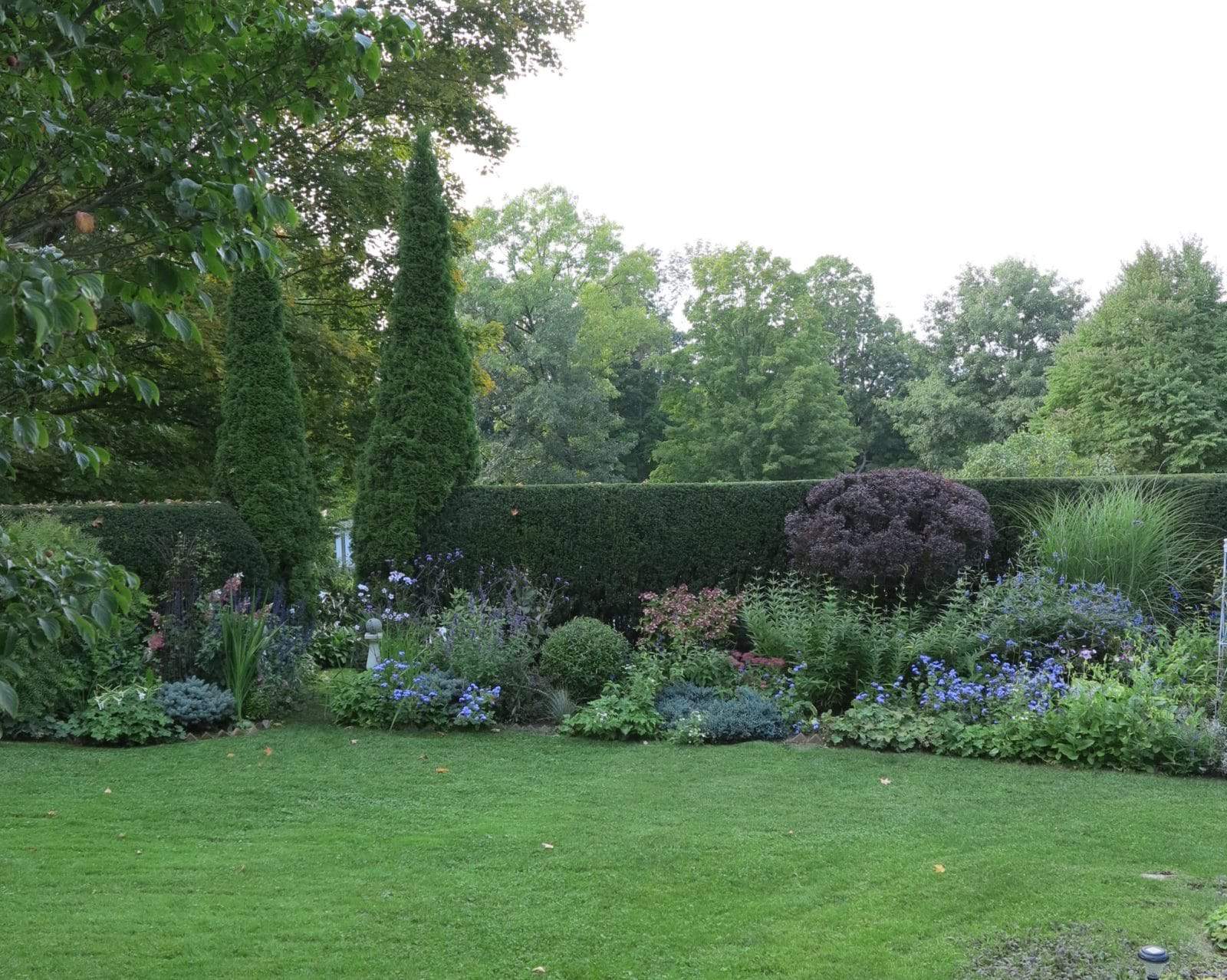
Punctuation in the garden
Karen York
Punctuate your garden to create a compelling narrative. Here’s how to use trees and plants as exclamation marks, periods, commas and other signals.

Designing with dwarf conifers
Karen York
Available in a huge range of textures, shapes and colours, dwarf conifers are nothing short of striking and can make a big impact in any-sized garden.

Allergy-free gardening
Karen York
If you wheeze and sneeze when you set foot in the garden, just think about sex — plant sex, that is. Tips on how to make an allergy-free garden.
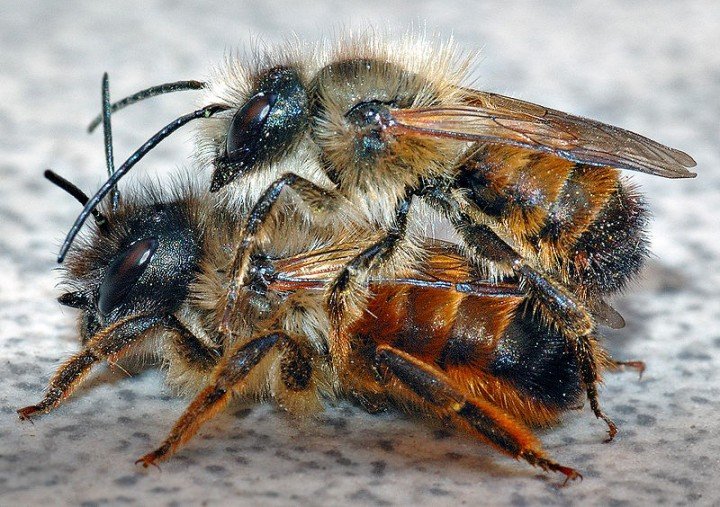
Provide home for mason bees in your garden
Karen York
Solitary bees, especially mason bees (Osmia lignaria), are buzzing to the rescue. These native bees are easy to attract.

